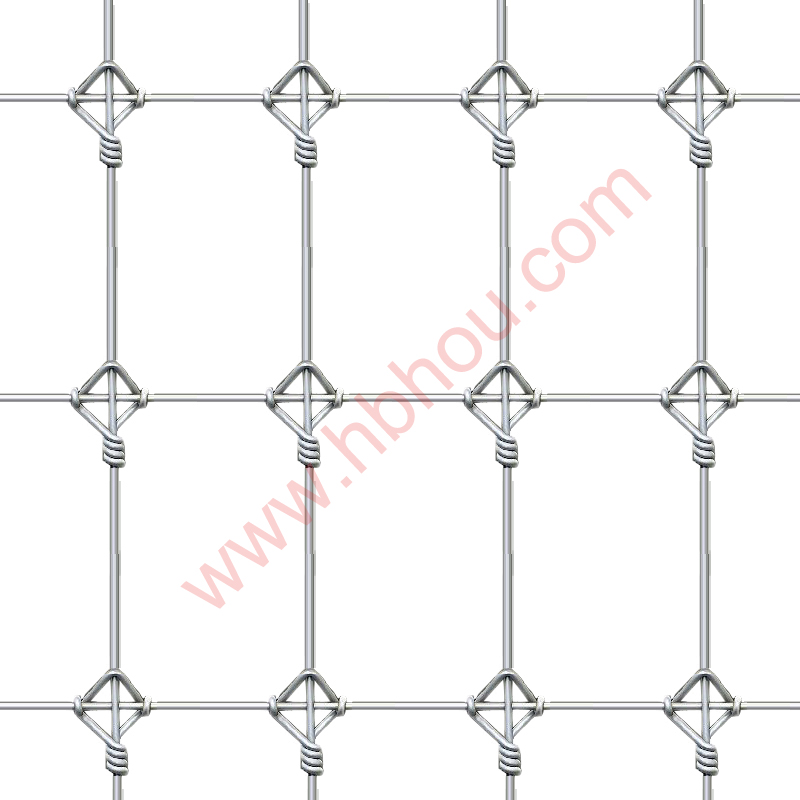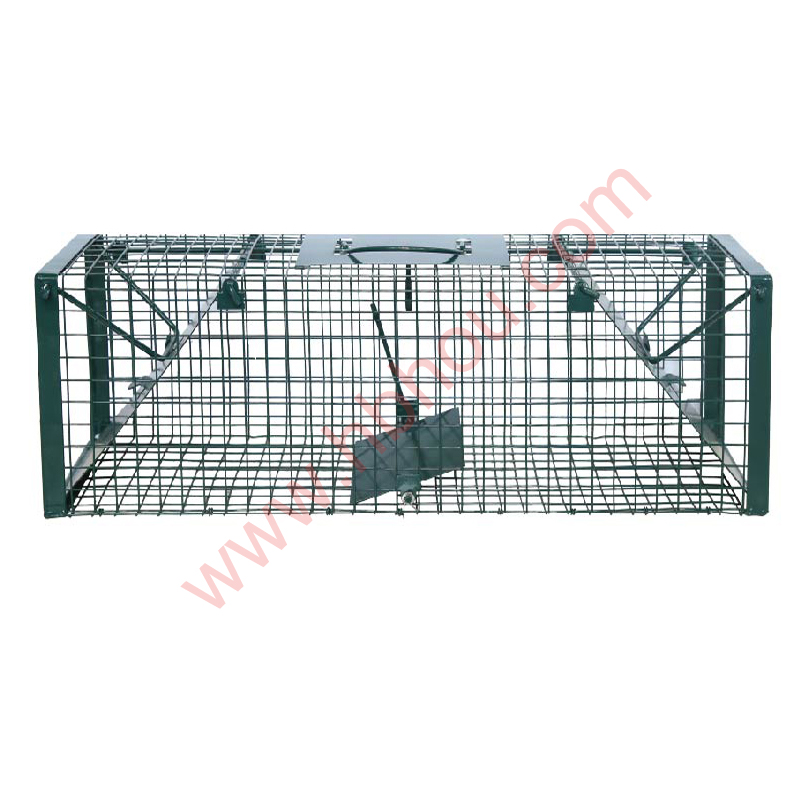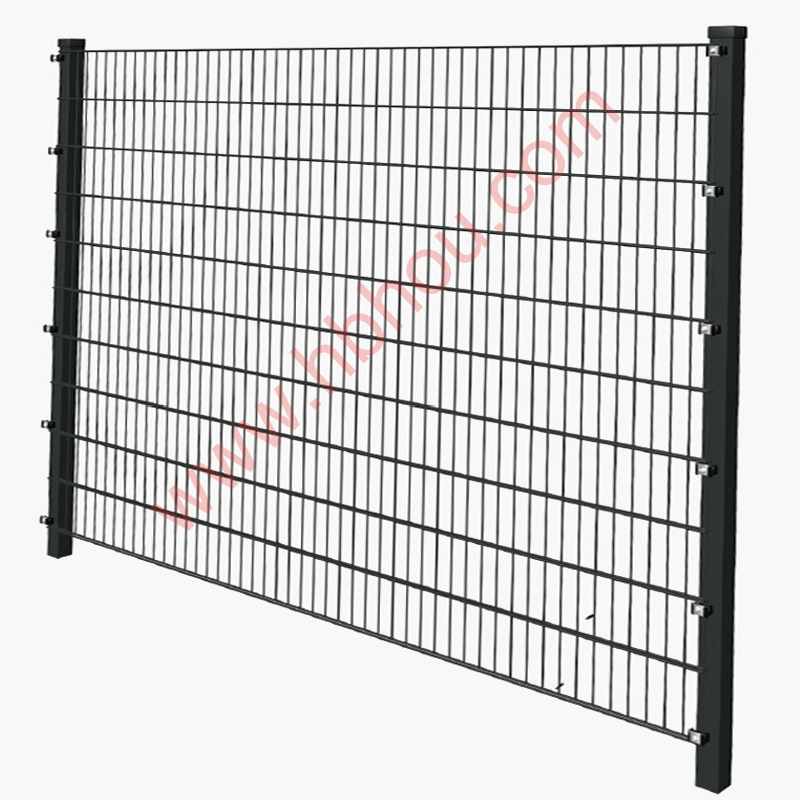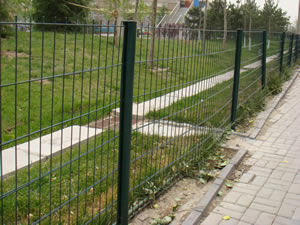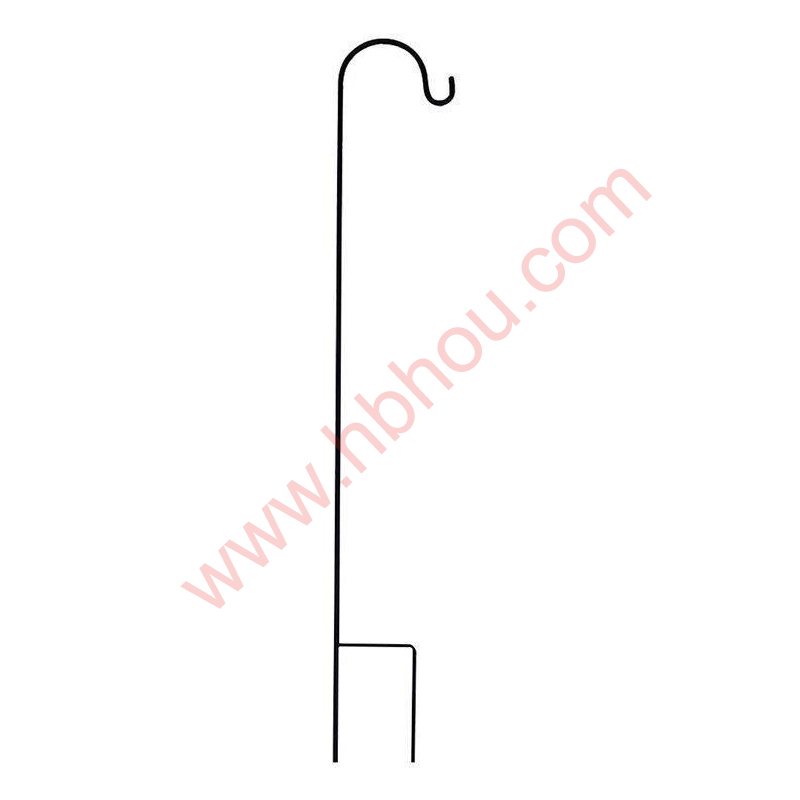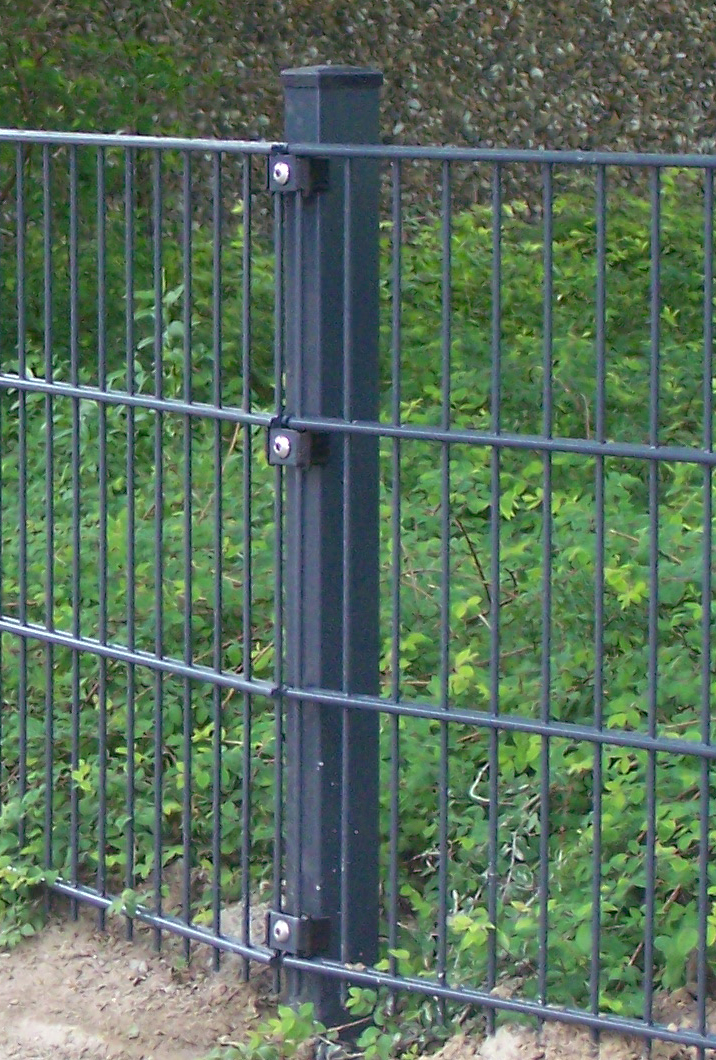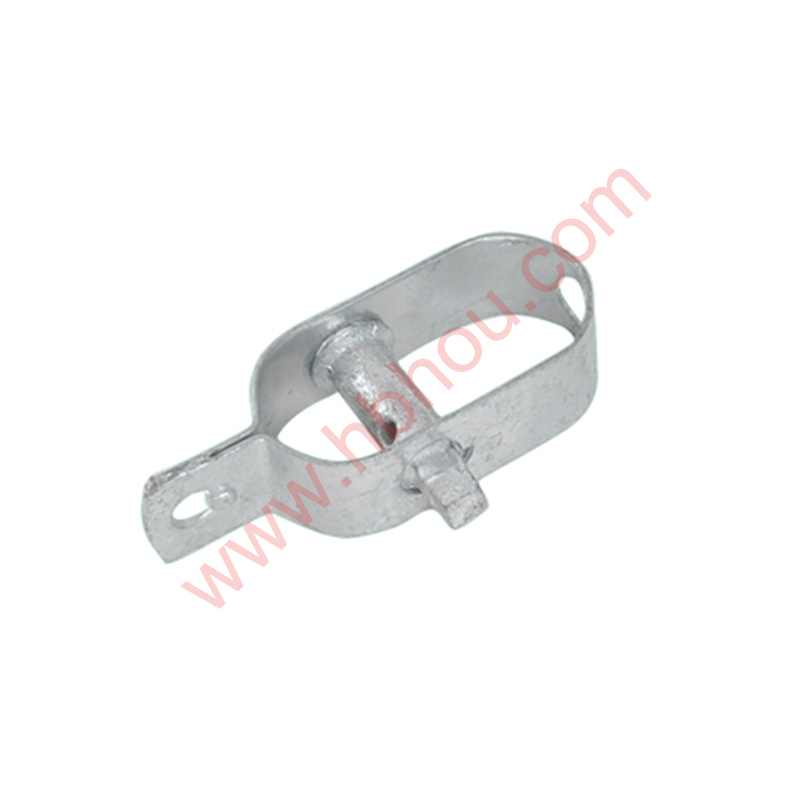- Introduction: Understanding 4 Strand Barbed Wire Fence Cost
- Factors That Influence Barbed Wire Fence Pricing
- Technical Advantages of Modern Barbed Wire Fencing
- Manufacturer Comparison: Prices and Product Quality
- Customization Options for Barbed Wire Fence Solutions
- Application Scenarios and Real-World Case Studies
- Conclusion: Making an Informed Investment in 4 Strand Barbed Wire Fence Cost
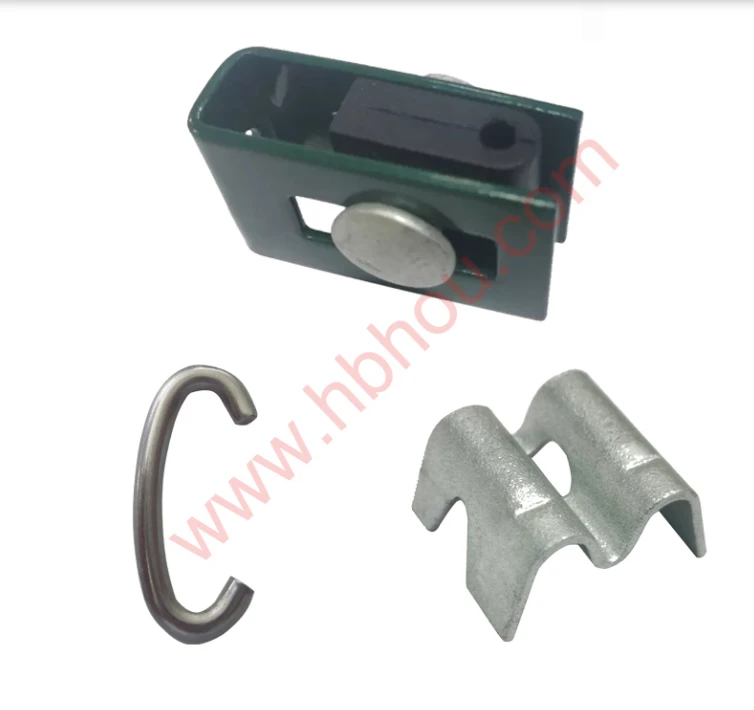
(4 strand barbed wire fence cost)
Introduction: Understanding 4 Strand Barbed Wire Fence Cost
Accurately estimating the 4 strand barbed wire fence cost
is essential for planning security perimeters, agricultural enclosures, or commercial boundaries. Costs depend on multiple variables—from wire gauge and materials to installation methods and local terrain. Many decision-makers also compare other alternatives, such as 5 strand barbed wire fence cost, or compare pricing metrics like 5 strand barbed wire fence cost per foot against total project expenses. Understanding all variables ensures budget alignment and long-term durability.
Factors That Influence Barbed Wire Fence Pricing
Several factors can dramatically affect the pricing of barbed wire fencing installations:
- Material Quality: Galvanized steel offers improved corrosion resistance but may increase initial outlay by 10–20%.
- Wire Gauge: Heavier wire (e.g., 12.5 gauge) lasts longer in high-pressure environments and can cost $0.10–$0.25 more per foot compared to lighter 15.5 gauge options.
- Number of Strands: Comparing four strands versus five strands, each added strand may add 15–22% to the total material cost and installation complexity.
- Fence Height and Post Spacing: Taller fences utilizing closer post spacing naturally increase both labor and material costs.
- Terrain and Accessibility: Challenging landscapes or rocky soil can add up to 35% to installation labor costs due to specialized equipment and labor hours.
- Labor Rates: Regions with higher prevailing wages will see up to a 40% variances in total installation costs.
- Finishes and Coatings: Additional protective coatings provide longevity but can increase up-front expenses by $0.05–$0.18 per linear foot.
Technical Advantages of Modern Barbed Wire Fencing
The evolution of barbed wire fencing has significantly increased both technical performance and cost-efficiency. Modern 4 and 5 strand installations are engineered to deliver:
- Enhanced Longevity: Advanced galvanization methods provide life expectancies of 15–25 years in most climates, surpassing older products by 40%.
- Security Performance: Denser strand layouts and sharper barbs enhance deterrent effects, reducing trespass attempts by up to 60% compared to 2–3 strand alternatives.
- Ease of Maintenance: New splice and tensioning hardware minimize annual maintenance requirements, cutting labor costs by $200–$500 per mile annually.
- Environmental Resistance: UV-resistant coatings protect against sunlight degradation in open-range applications, maintaining structural integrity even in harsh weather.
- Adaptability: Modular post and bracket systems allow for easy customization and segment replacement, reducing downtime in the event of accidental damage.
Manufacturer Comparison: Prices and Product Quality
Different suppliers offer a wide spectrum of barbed wire fence options. The table below provides a comparative snapshot of popular manufacturers—focusing on technical specs, warranty coverage, and current retail pricing:
| Manufacturer | Wire Gauge | Galvanization | Warranty (Years) | 4 Strand Cost (per 1000 linear feet) | 5 Strand Cost (per 1000 linear feet) | Notable Feature |
|---|---|---|---|---|---|---|
| Red Brand | 12.5 | Class III HDG | 20 | $790 | $945 | Heavy duty, commercial-grade |
| Bekaert | 15.5 | Class I HDG | 10 | $630 | $765 | Cost-effective, lighter gauge |
| Oklahoma Steel | 12.5 | Class III HDG | 25 | $820 | $965 | Premium galvanized finish |
| Deacero | 14 | Electro-galvanized | 8 | $580 | $700 | Budget solution, shorter lifespan |
Note that prices may fluctuate due to steel market volatility and regional logistics. However, the 4 strand barbed wire fence cost from top brands averages $0.58–$0.82 per foot, while 5 strand barbed wire fence cost per foot ranges from $0.73–$0.96, exclusive of labor and local taxes.
Customization Options for Barbed Wire Fence Solutions
To meet specialized site requirements, most suppliers now offer customizable options in barbed wire fencing systems:
- Wire Coating: Selection of heavy, medium, or light zinc coatings to match desired durability and cost targets.
- Strand Spacing: Adjustable intervals between strands, supporting applications from livestock control to maximum-security perimeters.
- Post Material: Choices of pressure-treated wood, recycled composite, or galvanized steel—with unique aesthetic and functional advantages.
- Barb Configuration: Varying barb lengths and spacing for tailored security efficacy depending on risk profile.
- Integrated Tensioning Systems: Optional self-tensioning brackets to reduce future maintenance and improve fence uniformity.
- Height: Custom heights from 36” to 96” depending on livestock, wildlife, or human security concerns.
- Gate and Accessory Integration: Modular gate, signage, and surveillance add-ons to enhance security and accessibility.
Application Scenarios and Real-World Case Studies
The versatility of barbed wire fencing supports a wide array of use cases:
- Agricultural Properties: A 15-mile installation in West Texas utilized 5 strand configuration to secure cattle, reducing escape incidents by 74% in the first two years. Maintenance costs dropped 59% due to improved materials.
- Industrial Perimeters: A logistics hub in Missouri adopted 4 strand barbed wire with razor coil top fencing, deterring theft attempts by 80% post-installation.
- Wildlife Reserves: Ecological preserves in Colorado chose a hybrid post design with adjustable 4/5 strand layouts, balancing animal movement with human boundary enforcement.
- Residential Security: Suburban estates in Florida implemented 4 strand systems with ornamental posts, integrating visual privacy features without compromising deterrence.
Conclusion: Making an Informed Investment in 4 Strand Barbed Wire Fence Cost
A strategic investment in 4 strand barbed wire fence cost delivers lasting value when informed by local requirements, technical advancements, and supplier credibility. By accurately assessing project scope—factoring in 5 strand barbed wire fence cost and 5 strand barbed wire fence cost per foot where appropriate—stakeholders can benefit from robust security, lower maintenance, and predictable long-term expenses. Selecting the right combination of manufacturer, customization, and fence configuration ensures enhanced safety and peace of mind for properties of all types and sizes.

(4 strand barbed wire fence cost)
FAQS on 4 strand barbed wire fence cost
Q: What is the average 4 strand barbed wire fence cost per foot?
A: The average 4 strand barbed wire fence cost per foot typically ranges from $1.50 to $2.50. Prices may vary based on region and materials used. Labor and additional supplies could increase the total cost.
Q: How does 5 strand barbed wire fence cost compare to 4 strand?
A: A 5 strand barbed wire fence generally costs more per foot than a 4 strand. The additional strand increases both material and installation expenses. Expect to pay about $0.20–$0.40 more per foot.
Q: What factors affect the 4 strand barbed wire fence cost?
A: Key factors include the type of posts used, wire gauge, and terrain difficulty. Labor charges also play a significant role. Remote locations and rough terrains can drive up installation costs.
Q: What is the typical 5 strand barbed wire fence cost per foot?
A: The cost per foot for a 5 strand barbed wire fence usually falls between $1.70 and $2.90. Prices depend on materials, fence length, and installation complexity. Bulk projects might lower the per-foot rate.
Q: Can I reduce 4 strand barbed wire fence cost by installing it myself?
A: Yes, DIY installation can significantly lower overall expenses. You'll still need to purchase materials and tools. Make sure you follow local regulations and safety best practices.









